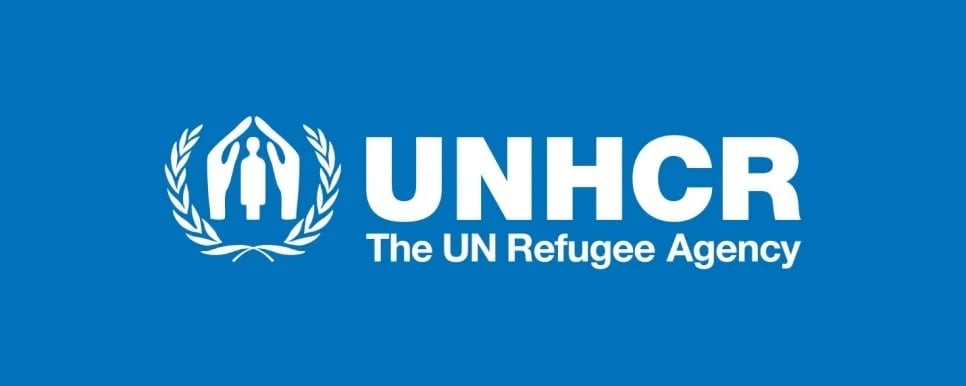After violence in Côte d'Ivoire, UNHCR hopes to resume operations
After violence in Côte d'Ivoire, UNHCR hopes to resume operations

GENEVA, Jan. 24 (UNHCR) - UNHCR is looking for ways to resume its activities on behalf of thousands of refugees in western Côte d'Ivoire in the aftermath of last week's violence in Guiglo, near the Liberian border.
UNHCR, along with other UN agencies and many international NGOs, withdrew all staff out of Guiglo after a series of targeted attacks that started last Monday. Thousands of Liberian refugees live in and around Guiglo, including more than 6,000 in Nicla Camp.
"We have received information that refugees in Nicla Camp are safe," UNHCR spokesman Ron Redmond told reporters in Geneva on Tuesday. "It does not appear that refugees were targets of the violence. However, we are worried that last week's events have jeopardized our capacity to deliver assistance and protect those in need."
UNHCR is growing increasingly concerned that it has no staff left on the ground to assist the refugees, especially since most of its implementing partners have also withdrawn their staff. Another cause for concern is that stocks of relief items destined for the refugees, including food stocks as well as the vehicles needed to distribute them, were looted during last week's violence.
The UNHCR office in Guiglo was also destroyed. Protesters looted the premises and later set fire to the building. All files were lost, as well as five cars, one motorcycle, and three generators. Other UN agencies and several international NGOs have suffered similar losses. Warehouses containing relief items and food were also looted.
The unrest in Guiglo began on the night of Jan. 16, when hundreds of protesters converged on the UN compound calling for the immediate departure of all UN staff. Humanitarian workers employed by international NGOs were also threatened. This followed similar protests against the UN in Abidjan. Staff took refuge with a battalion of the UN peacekeeping troops in Guiglo and were later safely evacuated.
"We are shocked at the level of the violence," Redmond said, "and saddened that our staff, as well as other UN and humanitarian workers, were the target of such attacks. We have been in Guiglo for more than ten years, working on behalf of refugees and the local population. Unfortunately they are now the ones who are paying the price of the violence. We are doing everything we can to resume our assistance to them as soon as possible."
UNHCR, along with the rest of the UN agencies and other humanitarian partners, is now trying to find ways to start work again in and around Guiglo while ensuring the safety of all staff in the region. The challenge is considerable since most of the infrastructure has been destroyed. Supplies of relief items, including food, will need to be replenished, and basic infrastructure has to be rebuilt. A UN inter-agency mission is scheduled to go to Guiglo in the coming days to assess the possibility of resuming operations.
The vast majority of Côte d'Ivoire's 37,500 refugees are Liberians and live in the west of the country. UNHCR is running a voluntary repatriation programme for Liberian refugees across West Africa. Since the start of the programme in 2004, just under 14,000 refugees have returned to Liberia from Côte d'Ivoire with the refugee agency's help.









